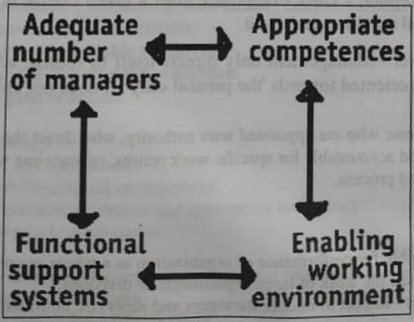Today is our topic of discussion General Principle of Management
General Principle of Management

Management:
Management is a set of activities (including planning, decision making, organizing, leading and controlling) directed at an organization’s resources (human, financial, physical and information), with an aim of achieving organizational goals in an efficient and effective manner.
Health Management:
Health management can be defined as the use of clinical and information technology, as well as managerial and leadership skills, to ensure the optimal delivery of health care.
Components of management:
- Planning – It is the process where policy is directed in preparing the actions of a program.
- Organizing – Setting up the framework or apparatus and making it possible for groups to do the work.
- Directing or communicating – Motivating, leading and directing the people to do the work.
- Controlling or monitoring – Checking and reviewing to make sure the work is progressing satisfactorily.
Components of health management:
Health management process needs to have a balance between four closely inter-related areas. Strengthening one without the other is not likely to work –
1. Ensuring an adequate number of managers at all levels of the health system
2. Ensuring managers having appropriate competences
3. Creating better critical management support systems
4. Creating an enabling working environment

Fig: Health system management
Principles of management:
Planning –
Determining what is to be done.
Directing Manager or administrator initiates action, gets things done through orders, and provides an opportunity for subordinates carrier development.
Leadership –
Effective leadership is essential to successfully integrate and maximize available resources within the existing environment for the attainment of organizational or societal goals.
Delegation –
Confening of certain specific responsibility by a higher authority. The one to whom the responsibility is delegated becomes responsible to the superior for doing the job.
Communication –
Motivating people to do the work.
Supervision –
It is one of the important elements of direction.
Coordination –
Degree to which each of the various interdependent parts of a social system operates according to the requirement of the other parts and of the total system.

Monitoring –
Checking to make sure the work is progressing satisfactorily
See also :
